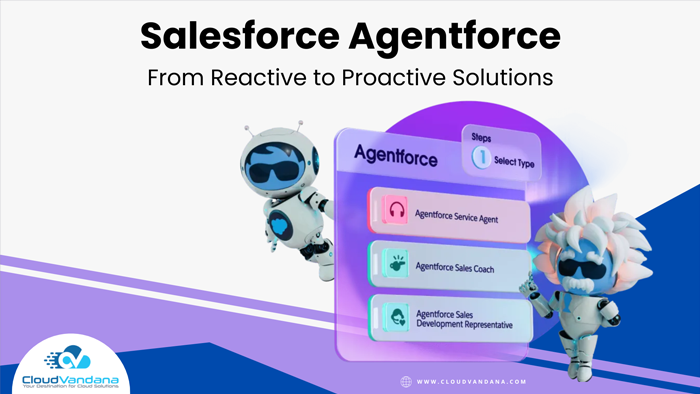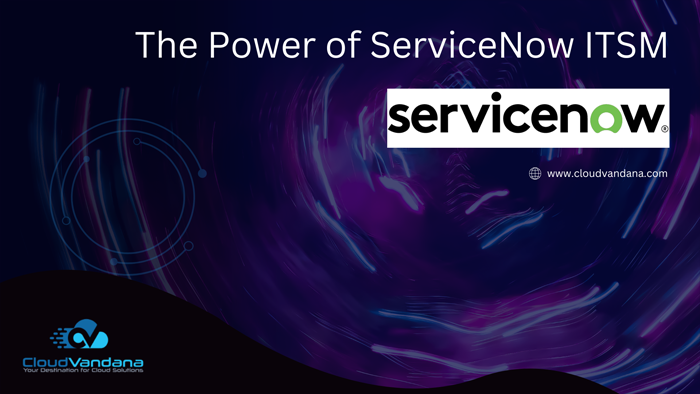Cloud-based healthcare refers to integrating cloud computing technology to maintain healthcare services. The pandemic forced all sectors to provide services in a new virtual way, and healthcare is not exceptional in this trend. Presently, more healthcare providers are looking to work in a cloud-computing environment to save time and maintain all records digitally.
Healthcare providers need to better integrate clinical and non-clinical information to understand their patients’ needs and preferences. Unfortunately, many healthcare organizations still depend on EHRs (Electronic Health Records). If providers solely rely on the EHR, they might deliver a disjoint, disconnected patient experience. As a result, it becomes challenging to provide healthcare remotely, and patients wait for essential information.
Cloud-based healthcare provides a single source of truth for clinical and non-clinical patient data. Salesforce, the #1 CRM, has introduced Salesforce Health Cloud to provide a cloud-based healthcare system.
Cloud-based healthcare solutions solve the common challenges related to healthcare and let healthcare providers focus on patients and their needs. This technology allows patient data to be accessed anytime, anywhere, and globally. Furthermore, all information is accessed securely from a single console.
An API allows the cloud to easily connect to the EHR or any other record system, allowing organizations to centralize data. For example, an API can combine data from a contact center, marketing database, or other system.
Benefits Of Cloud-Based Healthcare System
Following are the benefits of cloud-based healthcare-
1. Efficient In Operation
Teams can access all the needed data from a single platform and see all the patient data. This makes it easy to quickly answer patient queries and manage preferences, leading to a satisfying patient experience. As a result, Healthcare organizations can use automation to manage time-consuming tasks and entirely focus on patients and their requirements.
2. Personalized Patient Supervision
Health coordinators can easily access a complete view of a patient’s health, treatment, history, recent procedures, test results, etc. From that data, they can provide personalized offerings to the patient, ensuring that no requirement remains overlooked.
3. Remote Access
Cloud-based healthcare offers remote access or access from anywhere to healthcare providers, even outside the office. For example, if a doctor is not in the hospital, the doctor can still access patient information from a single dashboard. On the other hand, patients can take virtual appointments for any medical requirement or when it becomes challenging to reach the hospital. So, we can see that patients have more options to contact healthcare providers and make the necessary suggestions. This process enhances patient outcomes.
4. Reduce Manual Error
Previously, patients and healthcare providers used physical binders to keep health records. They used to share the documents via fax. This was not only a time-consuming process but also full of manual errors. Digital healthcare innovation streamlines the process for enhanced and fast healthcare services.
5. Fast Healthcare Service
The cloud-based healthcare system has accelerated the whole healthcare process. Patients who are far away from a hospital or healthcare provider can quickly schedule an appointment and consult with doctors for any kind of health issues. Health cloud offers a quick process for every step related to healthcare, such as tests, maintaining the patient’s history, follow-ups after an operation, etc., in an organized and fast way. So patients do not need to wait long hours in the queue.
Sounds good? You can also implement Salesforce Health Cloud, the cloud-based healthcare system for your healthcare organization. Please feel free to take a free consultation call with CloudVandana to get started. Schedule A Ca










